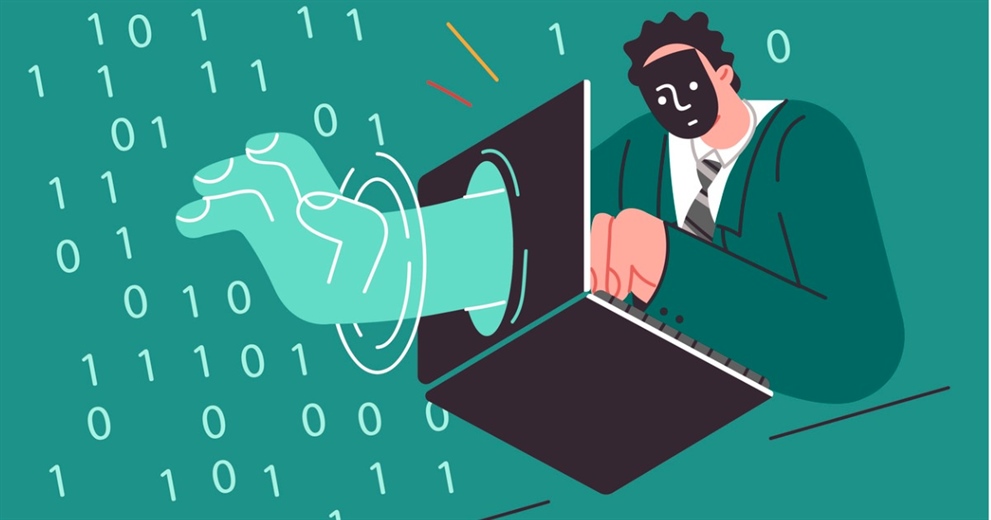Why Your Dental Practice Needs Cybersecurity
September 26, 2024
Cybersecurity is no longer an optional investment; it's an essential shield against sophisticated threats targeting health care sectors, including dental practices of all sizes.

A masked figure, dressed in black, nimbly bypasses high-security laser beams with the soundtrack of Mission: Impossible playing in the background. Upon reaching a sterile room with a towering wall of screens, the intruder quickly obtains access to the database, aided by a quirky sidekick working from a van packed with high-tech equipment.
If this is the scene that comes to mind when you hear the term “cyberattack,” you may be ignoring the very real threat of cybercrime to your dental practice. The reality of today’s cyberattacks is that they are no longer committed by a handful of elite, rogue hackers. Contrary to that image, most cybercriminals and hackers work in groups: small to midsize organizations that mimic the structure of the businesses they aim to defraud.
Is Your Practice at Risk?
Dental practice owners often have a false sense of security when it comes to their own cyber safety, imagining that hackers go after larger, more lucrative targets. The reality is that healthcare organizations of all sizes are the lucrative targets.
News outlets tend to report high-profile breaches, like the 2023 attacks on Las Vegas casinos, instead of those on small businesses. However, recent statistics underscore the alarming rise in cyberattacks on health care institutions, including dental offices. The U.S. Department of Health and Human Services’ Office for Civil Rights, which enforces HIPAA privacy law, reported a 239% increase in hacking-related data breaches between January 2018 and October 2023, and a 278% increase in ransomware attacks over the same period. In fact, 2023 saw 725 health care cyber data breaches in the United States reported to the OCR, and across those breaches, more than 133 million records were exposed or impermissibly disclosed.
In 2022, the U.S. Department of Health and Human Services began warning providers of new ransomware operators that aggressively target the health care sector with increasingly sophisticated methods. Even the American Dental Association dealt with a cyber incident in 2022 that disrupted services and potentially affected members’ information.
Cyber criminals are recognizing the value of patient data stored within dental office systems. This data, including a combination of personal and financial records, is a prime target for ransomware attacks or theft, leading to substantial financial losses and reputation damage. In addition, many dental practices fall within the top two industries named most vulnerable to cyberattack: small businesses and health care.
Protect Your Practice
In an age where digital transformation significantly enhances the efficiency and accessibility of dental practices, the looming threat of cyber-related risks cannot be overlooked. Cybersecurity is no longer an optional investment; it's an essential shield against sophisticated threats targeting health care sectors, including dental practices of all sizes. While a cyberattack on a dental practice won’t be as highly publicized as one on the Las Vegas strip or Wall Street, it still has the potential for devastating consequences.
Implementing robust cybersecurity in your dental practice involves regular staff training on recognizing and mitigating potential cyber threats, investing in reliable cybersecurity software and insurance policies, encrypting sensitive data and maintaining secure backups.
When questions or concerns about cybersecurity arise in your dental practice, consult TDIC’s Risk Management Advice Line, or contact a TDIC agent to learn more about our Cyber Suite Liability protection for practice owners.
TDIC’s Risk Management Advice Line is a benefit to TDIC policyholders. To schedule a consultation with an experienced risk management analyst, visit tdicinsurance.com/RMconsult or call 1.877.269.8844.